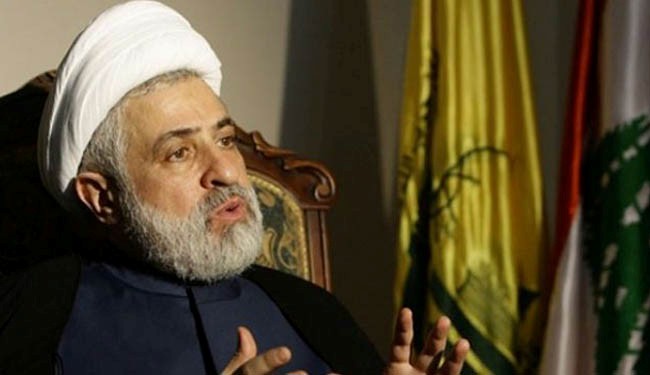Qatar, Saudi Arabia, and Iraq issued condemnations against ‘israel’s’ appropriation of Syrian territory, Turkey silent
Qatar, Saudi Arabia, and Iraq have issued statements denouncing Israel's annexation of Syrian territory following the collapse of President Bashar al-Assad's regime.

In a significant shift in regional dynamics, armed factions under the leadership of Hay’at Tahrir al-Sham (HTS) militants have taken control of the Syrian capital, resulting in the collapse of President Bashar al-Assad’s government on Sunday. In response to these developments, Israel quickly advanced to secure the buffer zone that separates the Israeli-occupied Golan Heights from the remaining Syrian territory.
In a statement released on Monday, the Qatari Foreign Ministry characterized Israel’s actions as “a perilous escalation and a direct assault on Syria’s sovereignty and territorial integrity, further deeming it a clear breach of international law.”
The ministry cautioned that Israel’s strategy of establishing a fait accompli, including its efforts to take control of Syrian territories, risks escalating violence and tension in the region.
On Monday, the Saudi Foreign Ministry issued a strong condemnation of Israel’s actions, asserting that they demonstrate “Israel’s ongoing breach of international law and its commitment to undermining Syria’s efforts to regain security, stability, and territorial integrity.”
The kingdom has called on the international community to denounce Israeli actions, stressing that the Golan Heights remains an occupied Arab territory.
Iraq has condemned what it describes as Israeli aggression, labeling it a “serious violation of international law.”
In a statement issued by the Iraqi Ministry of Foreign Affairs, Baghdad highlighted the necessity of upholding Syria’s sovereignty and territorial integrity.
The ministry has called on the United Nations Security Council to fulfill its responsibility by condemning the act of aggression and taking measures to halt it.
In 1967, Israel launched a comprehensive military offensive against Arab regions, resulting in the occupation of significant portions of the Golan. Four years later, Israel formally annexed this territory, a decision that has not received endorsement from the global community.
In 1973, hostilities once again erupted, and by the following year, a United Nations-mediated ceasefire was enacted. This agreement led to Tel Aviv and Damascus consenting to the disengagement of their forces and the establishment of a buffer zone in the strategic Heights.
Stephane Dujarric, spokesperson for UN Secretary-General Antonio Guterres, emphasized that Israel’s recent military actions represent “a violation” of the 1974 disengagement agreement established between Israel and Syria.
Iran’s Foreign Ministry spokesman, Esmaeil Baghaei, has stated that Tel Aviv’s expansion of its occupied territories reflects “the occupying regime’s expansionist and aggressive approach, along with its disregard for international law and norms.”
In addition to launching ground operations, Israel has carried out numerous airstrikes on Syria following the fall of Assad’s government.




